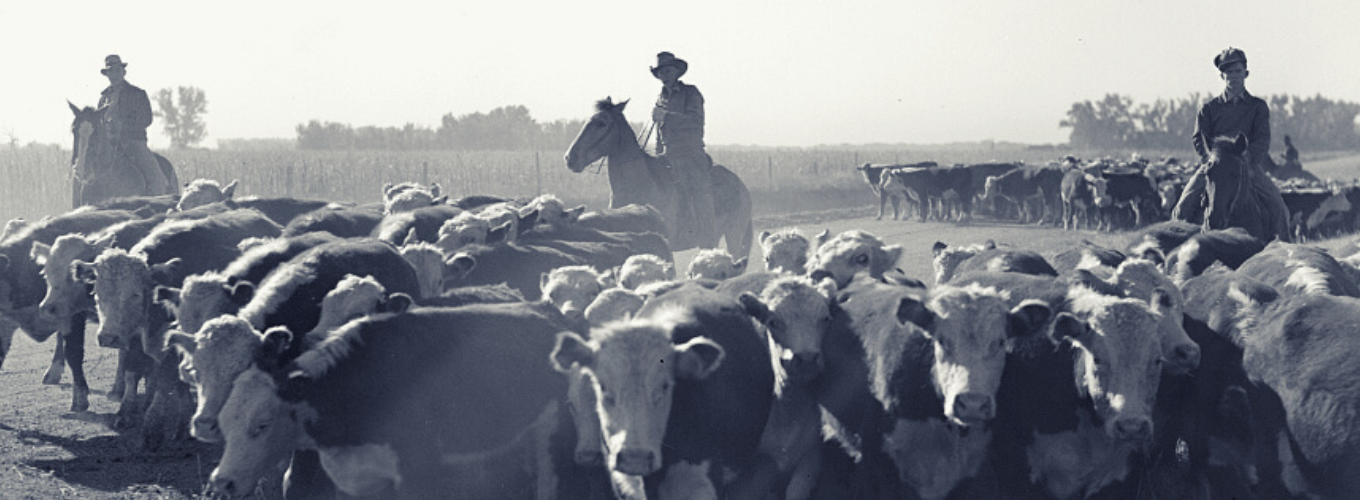Top 25 Reasons to Be a Cowboy | #20: The Heritage
When we talk about Western heritage, what we mean is something that is handed down from the past as a tradition.
And while many professions have wonderful traditions and heritage, the Western or cowboy heritage stands tall among them.
From the perspective of a broader view, agriculture could be considered among the oldest professions. The first command the Lord had for Adam was to rule over the animals. Essentially, that’s what ranchers and cowboys still do today. We carry on the tradition of the first duties assigned to man. If that’s not important, I don’t know what is.
From a more immediate and concentrated perspective, our heritage is no less rich—if not somewhat more recent.
The vaquero tradition originated in the 17th Century on the Spanish haciendas of what would become Mexico and the southwest United States. They developed methods for handling cattle and horses that are still in practice today. The buckaroo culture, through their gear, trappings, and spirit, trace their traditions to those vaqueros.
The cowpuncher tradition, I would argue, has different, more recent origins. As Anglo populations moved West from the American colonies, they began to develop a different culture. It’s my very amateur theory that the vaquero tradition had less influence on this developing cowboy culture for various geo-political reasons. The main reason being the Comanche. This fierce warrior tribe had nearly complete control of Texas through the end of the 19th century. As a result, the vaquero traditions of Spanish origin did not spread eastward until after the Civil War.
[More like this: Top 25 Reasons to Be a Cowboy]
In the meantime, the Scots-Irish settlers who moved West developed their own methods, gear, and style based on their needs and experience. While the specifics may diverge, it’s interesting how the general principals of handling cattle and horses on unfenced ranges were somewhat universal.
My pet theory aside, no matter how its origin is viewed, the American Cowboy has a rich tradition from which to pull. Laboring out-of-doors and teaming up with horses to manage cattle—often alone or with a very small crew—has spawned behavior and tradition that is distinctly cowboy.
Respect for private property—stealing a horse was akin to murder on the vast open ranges; your word as your bond—with no civil authority to enforce agreements, anyone who wanted to stay in business had to be honest; doing your share of the work—if one person failed to perform in everyday tasks, let alone a stampede, it would imperil the entire group; loyalty—once the range became more populated with various ranchers, they counted on their cowboys to “ride for the brand.” Not to mention the hat, boots, spurs, saddles, bits, etc. that the earliest cowboys developed that remain not only in use today, but a defining piece of how our culture expresses itself.
Possessing a heritage is important. History and tradition mean something. To ignore the achievements and foundations laid by previous generations is extreme arrogance and short-sightedness. I’m so glad that cowboys take pride in honoring the past—our perspective and understanding of the present is much deeper and meaningful as a result.
photo courtesy Library of Congress Photo Archives


